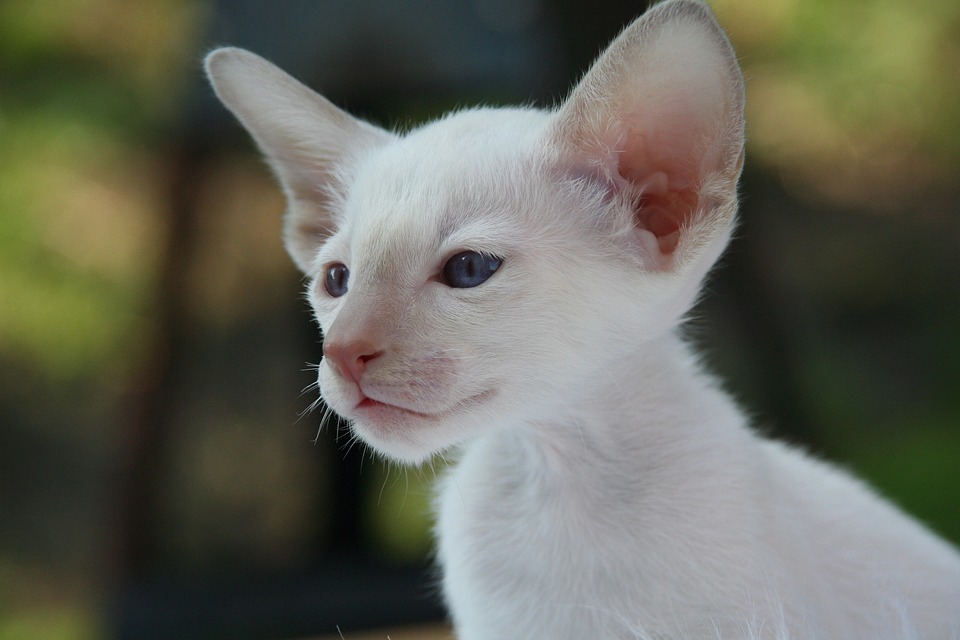Feline Fitness: How to Keep Your Cat at a Healthy Weight
Maintaining a healthy weight is crucial for your feline friend’s overall well-being. Just like in humans, obesity in cats can lead to numerous health issues. In this article, we will explore some effective strategies to keep your cat fit and trim. Additionally, we will address frequently asked questions about feline fitness.
I. Understanding the Importance of Feline Fitness
A. The impact of obesity on cats’ health
B. The benefits of maintaining a healthy weight
II. Assessing Your Cat’s Weight
A. Knowing the ideal weight for your cat’s breed and age
B. Identifying signs of overweight or underweight cats
C. Consulting with a veterinarian for accurate assessment
III. Creating a Balanced Diet for Your Cat
A. Choosing the right type of cat food
B. Determining appropriate portion sizes
C. Incorporating high-quality proteins and essential nutrients
D. Avoiding excessive treats and table scraps
IV. Encouraging Regular Exercise
A. Engaging your cat in playtime activities
B. Utilizing interactive toys and puzzle feeders
C. Providing vertical spaces for climbing and jumping
D. Encouraging daily exercise routines
V. Monitoring Your Cat’s Progress
A. Regular weigh-ins at home or the veterinarian’s office
B. Observing changes in behavior and activity levels
C. Tracking dietary and exercise habits
VI. Addressing FAQs about Feline Fitness
A. How can I help my cat lose weight safely?
B. Is it normal for cats to gain weight as they age?
C. Can indoor cats still get enough exercise?
D. Are there any specific cat breeds prone to obesity?
E. What if my cat refuses to exercise or follow a diet?
Conclusion:
Maintaining a healthy weight for your feline companion should be a priority to ensure a long and happy life. By understanding the importance of feline fitness, assessing your cat’s weight, providing a balanced diet, encouraging regular exercise, and monitoring progress, you can help your cat achieve and maintain a healthy weight. Remember, consulting with a veterinarian is always recommended for personalized advice tailored to your cat’s specific needs.
FAQs about Feline Fitness:
Q: How can I help my cat lose weight safely?
A: Gradually reduce the portion sizes, switch to a high-protein, low-calorie diet, and engage your cat in regular exercise. Consult with a veterinarian for a safe weight loss plan.
Q: Is it normal for cats to gain weight as they age?
A: Yes, cats tend to become less active with age, making weight gain more likely. Adjusting their diet and exercise routine accordingly can help combat age-related weight gain.
Q: Can indoor cats still get enough exercise?
A: Absolutely! Engage your indoor cat in interactive play sessions, provide climbing trees, and use puzzle feeders to keep them mentally and physically stimulated.
Q: Are there any specific cat breeds prone to obesity?
A: Yes, certain breeds, such as the Maine Coon and the Ragdoll, are more prone to obesity. However, weight gain can happen in any breed if not properly managed.
Q: What if my cat refuses to exercise or follow a diet?
A: Cats can be stubborn, but with patience and creativity, you can find activities and toys that motivate them. Consult with a veterinarian for additional strategies and potential medical causes for their reluctance.








